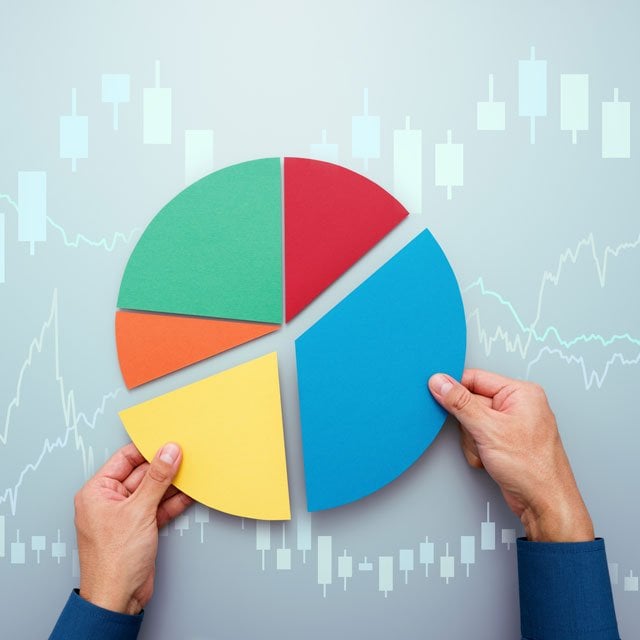15 Most Expensive Cities for First-Time Homebuyers
All-Cash-Buyers Juggernaut
Redfin reported that 36.6% of the country's starter homes w purchased in May were cash sales, down slightly from the previous month's decade-high and up from 35.2% a year earlier. Real estate investors are gobbling up today's affordable homes, according to the report. A record 41% of investor purchases in the first quarter were small homes, those with 1,400 or fewer square feet. That's up from 37% a year earlier. "As prices for the most affordable homes continue to climb and rates remain elevated, it's becoming more true that you have to be wealthy to buy a home — especially if it's your first one," Bokhari said. "That's why we've seen the share of affordable homes going to cash buyers, either individuals or investors, tick up: because they're the only ones who can afford them." Cash buyers are also unaffected by high mortgage rates, meaning that it is ultimately less expensive for them to buy homes. Though monthly payments on starter homes are becoming more expensive and an increasing share are going to cash buyers, in some ways, the market is easier to break into than it was during the pandemic buying boom. Some first-time homebuyers are able to buy a home without a bidding war, and in some metros, prices have come down. See the gallery for the 15 U.S. metro areas — out of 50 in Redfin's analysis — where first-time homebuyers need the highest income to afford a starter home. Researchers calculated monthly median mortgage payments by assuming the buyer made a 20% down payment, and took that month's median sale price and average mortgage-interest rate into account, including principal, interest, taxes and insurance.
© Touchpoint Markets, All Rights Reserved. Request academic re-use from www.copyright.com. All other uses, submit a request to [email protected]. For more inforrmation visit Asset & Logo Licensing.
Featured Resources
View All
Sponsored by Axos Advisor Services
Integrated Banking Solutions: How To Enhance Client Services and Grow Your Business

Sponsored by Optifino
Three Macro Trends Impacting Long-Term Care: Trends, Solutions & Client Conversations

Sponsored by Vanilla
The Missing Piece: Why Advisors Who Skip Estate Planning are Failing Their Clients







